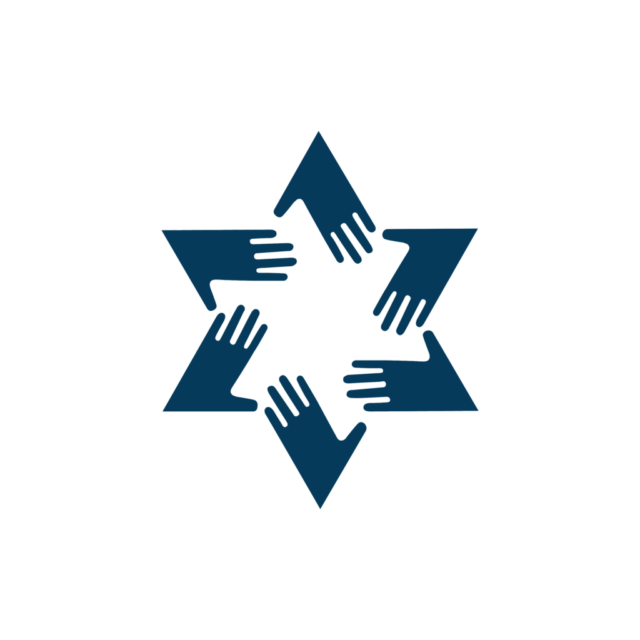By Rabbi Joel Mosbacher
One of my favorite questions to ask B’nei Mitzvah students is: “What’s the hardest thing about being Jewish?”
Kiddos give a variety of answers, but the clear number one answer I’ve heard more than others in 20 years as a rabbi is: “learning all of the Hebrew.”
I love that answer. And my grandparents would love it, too. And my great-grandparents. And their parents.
My grandparents escaped Nazism in Germany in late 1938. They would love that the hardest thing about being Jewish is learning Hebrew.
May it always be so.
For the first time in my rabbinic career – for the first time in my lifetime – I worry that a new answer may begin to enter into the rotation: anti-semitism.
But it’s not just the terrorist acts in Pittsburgh that ought to give us pause. It’s the fact that the number of anti-semitic incidents rose nearly 60% between 2016 and 2017, according to the Anti-Defamation League. On college campuses and in communities around the country, Jews are no longer immune from the hateful acts of neo-Nazi groups who propagate “blood and soil” right-wing nationalism that by definition excludes Jews.
There are moments when we can’t stay silent.
When anti-semitism is on the rise in this nation, we must not stay silent. And when people in positions of power, no less the President of the United States, blow the kinds of dog-whistles of anti-semitism that we Jews know all too well, we cannot stay silent.
Yes, it was one individual who was responsible for the hateful murders at a synagogue in Pittsburgh; may he be held accountable for his actions. But we hear tropes we fear and know all too well these days in our nation: tropes that blame prominent Jews for opposition to the administration; tropes that reassert the United States as a Christian nation. These messages consciously and unconsciously channel and amplify both conspiracy theories and anti-semitism.
And when the freedom of the press and the legitimacy of the judiciary are under attack from the highest levels of authority, we as Jews ought to tremble.
And when foreigners and other ethnic groups are being blamed for the troubles of the nation, talked about as “invaders,” and tear-gassed at the border, we Jews ought to understand that we are already being lumped in as a “fifth column” that is “infesting” the country.
We must not remain silent.
We must speak these truths, even if they are scary to say out loud.
We must speak these truths, even against opposition, in spite of opposition.
We must build bridges with our non-Jewish neighbors, some of whom, themselves, are under attack.
The interfaith Thanksgiving service we hosted at Shaaray Tefila last week was a glimmer of solidarity against a rising fear that we might be alone again this time. We Jews stood together with Christians and Muslims, affirming that we must love our neighbor as ourselves.
And we must do more than pray, more than show solidarity a couple of times a year.
We must work with others to build a city, and state, a nation of love. We must work for justice for all – not only because Judaism calls us to – but because justice for all includes justice for Jews. As the 1st century Jewish sage Hillel taught, “If I am not for myself, who will be for me? And if I am only for myself, what am I? If not now, when?”

